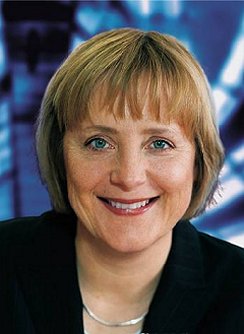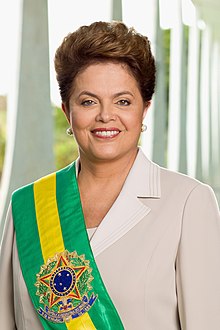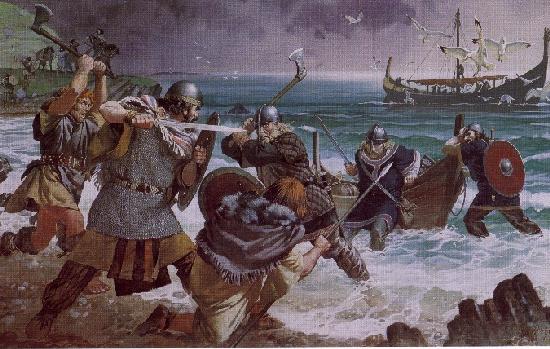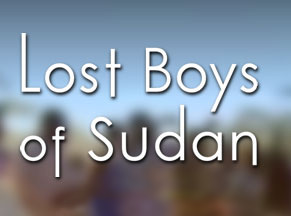Mexico:
Constitution:
Federal republic
China:
Constitution: communist state
Leader:
Hu Jintao
India:
Government: federal republic
Leader:
President Pranab Mukherjee
Afghanistan:
Government: Islamic republic
Leader:
Hamid Karzai
Iran:
Government:
Theocratic republic
Leader:
President Mahmud

Israel:
Government:
Parliamentary Democracy
Leader:
President Shimon Peres and

Government:
Federal republic
United Kingdom:
Government: Constitutional Monarchy and commonwealth realm
Leader: Queen Elizabeth II

France:
Government: Republic
Leader: President Francois Hollande

Brazil:
Government: Federal
republic
Leader: President Dilma
Rousseff

Venezuela:
Government: Federal
republic
Leader: President Hugo
Chavez

Saudi Arabia:
Government: Monarchy
Leader: king and prime
minister abdullah bin abdulaziz al saud











.jpg/220px-Fran%C3%A7ois_Hollande_(Journ%C3%A9es_de_Nantes_2012).jpg)





